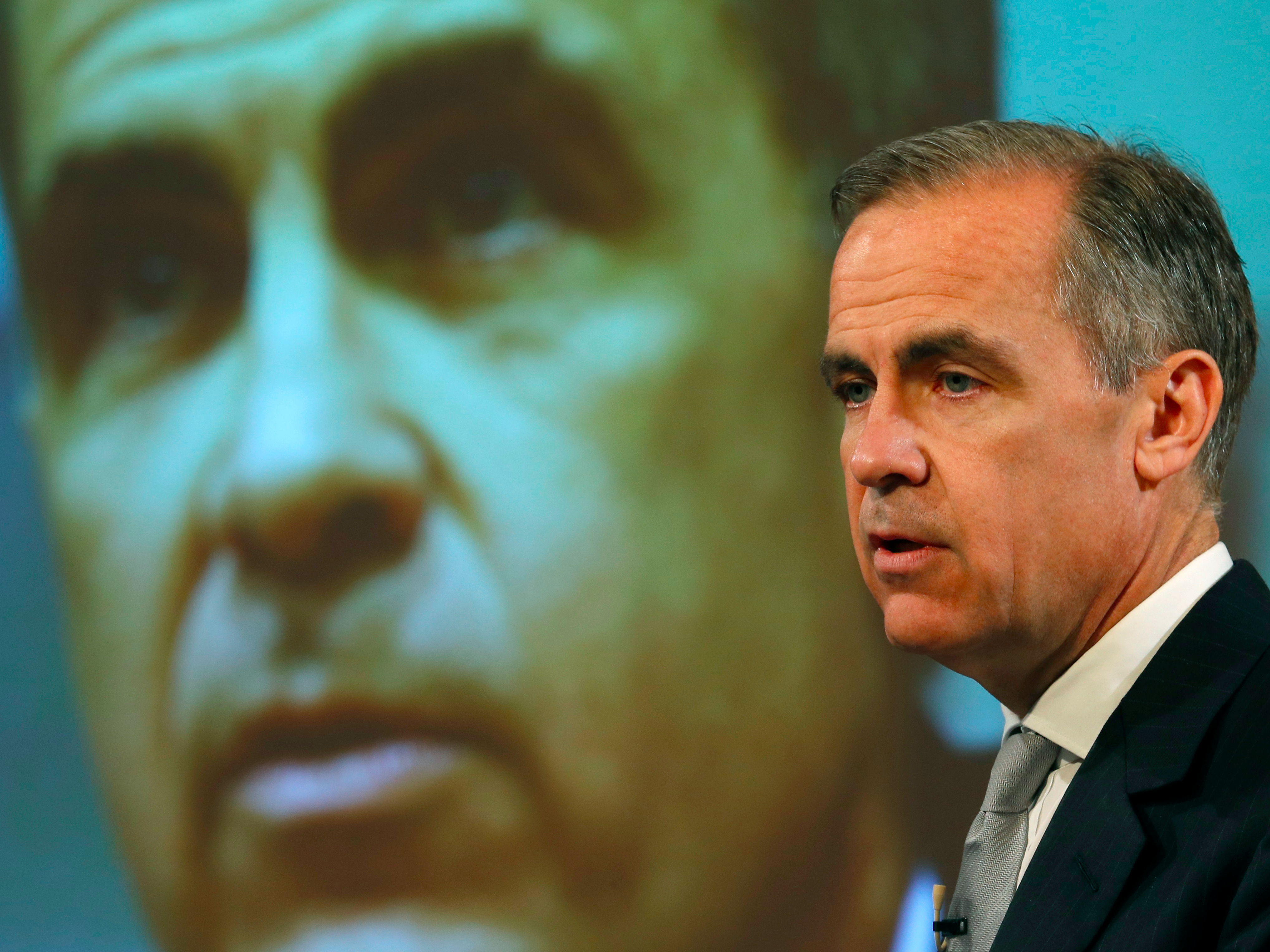LONDON – Bank of England Governor Mark Carney ruled out giving any sort of sweetheart deal to global financial institutions to prevent them from moving staff out of the City of London as Brexit negotiations develop.
Speaking at a Q&A with journalists and businesspeople on Friday, Carney refused to entertain the prospect of any sort of regulatory loosening as a means of keeping banking operations in the capital.
Asked if he could “envision that the Bank of England could provide some sort of regulatory incentive or sweetener to entice banks to stay,” Carney briefly hesitated, before saying: “No. Full stop. Let me preserve your time for other questions.”
His response elicited laughter from the audience at Reuters’ global headquarters in Canary Wharf.
The possible movement of staff from big banks out of London as a result of Britain leaving the European Union is often cited as one of the most prominent downsides of Brexit when it comes to the financial services sector in Britain. Virtually every major big lender has made some sort of hint that they will move employees from London to other European cities, should Britain lose its ability to passport financial services across the EU.
In the past handful of weeks, Goldman Sachs confirmed its intention to move hundreds of staff from London to Paris as part of their post-Brexit contingency plans, while HSBC's chief executive said in Januarythat the bank could move up to 20% of its banking operation to Paris.
The EU's passporting rules allow businesses to sell services across the union from anywhere within it and only require companies to be regulated in one country, rather than everywhere they operate. Without that passport, doing business with EU countries from London offices would become significantly more difficult.
Competition for the jobs that inevitably leave London is fierce, with Paris, Frankfurt, Amsterdam, and Dublin among the EU cities lobbying for that business.
Carney's comments on any sweetheart deal came after he delivered a speech about the future of the global financial system, in which he said that it is "at a fork in the road" and the next two years of Brexit negotiations "could prove highly influential in determining which path [it] takes."

